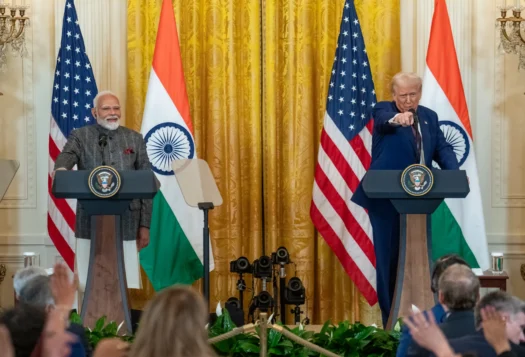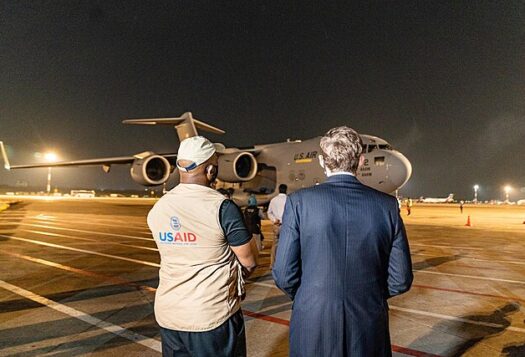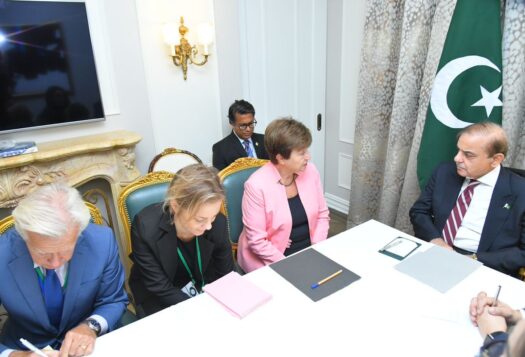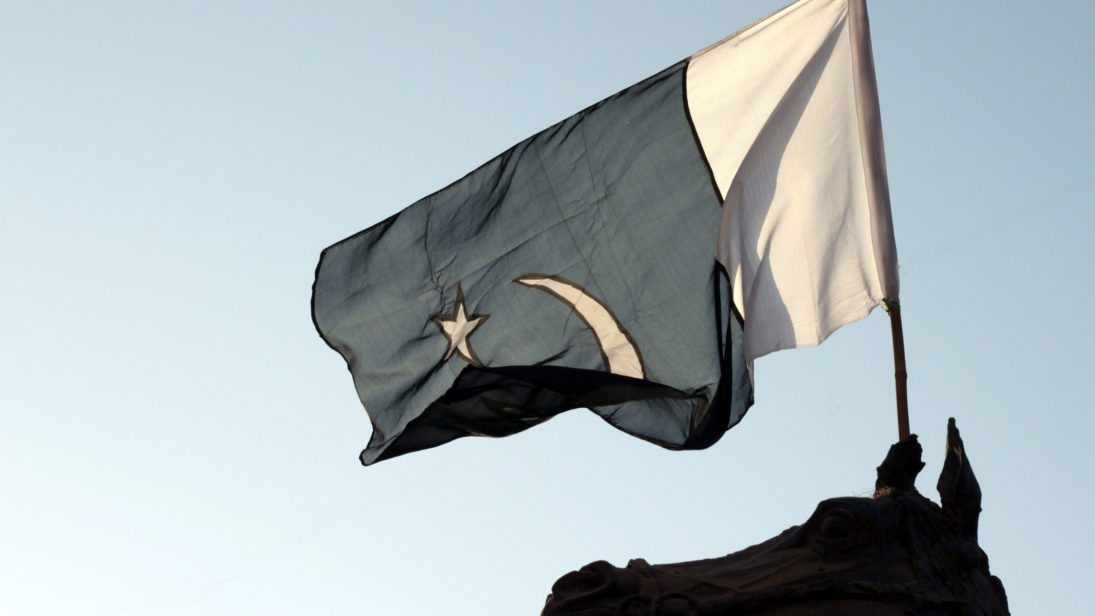
As expected, the Financial Action Task Force (FATF), the global money-laundering and terror financing watchdog has kept Pakistan on the gray list in its much-anticipated plenary meeting concluded last week in Paris. While noting that all deadlines given to Pakistan to complete the 27-point action plan to overcome identified strategic deficiencies have expired, the body granted Pakistan another four-month extension and urged the country to fulfill its commitments by its next meeting in June 2020 to avoid further penalization. Although the next plenary is scheduled for June, Pakistan will have to prepare a compliance report by April 30. While there are no direct economic consequences as the gray-listing does not indicate economic sanctions, it may constrain external funding options and result in reduced foreign direct investments, imports, exports, and remittances. According to some estimates, Pakistan risks facing 10 billion dollars annual loss as a result of indirect cost of FATF gray listing.
While there are no direct economic consequences as the gray-listing does not indicate economic sanctions, it may constrain external funding options and result in reduced foreign direct investments, imports, exports, and remittances. According to some estimates, Pakistan risks facing 10 billion dollars annual loss as a result of indirect cost of FATF gray listing.
In the latest plenary, the global watchdog organization appreciated Pakistan’s “high-level political commitment” to work with FATF bodies to tackle strategic issues related to terrorist financing. Pakistan has largely completed 14 out of 27 action items of the International Co-operation Review Group (ICRG) action plan which is a significant leap from October meeting last year where Pakistan had addressed only five action items. Over the four month period, Pakistan has made considerable progress to combat transnational terror finance risks in various sectors. To better prevent the smuggling and money laundering, for example, Pakistan introduced an amended Tax Laws Ordinance, 2019, and mandated sharing of information with the Financial Monitoring Unit (FMU), which investigates Suspicious Transaction Reports (STRs) to better combat money laundering and terrorist financing. In addition, the State Bank of Pakistan has continued efforts to monitor financial institutions by introducing amendments to existing regulations in January to better track potential money laundering or terrorist financing risks.
Prior to the most recent plenary, Pakistan submitted its December 2019 compliance report to the FATF, to which the FATF responded with 150 questions for Pakistan. Although many of these questions were related to clarifications or data, according to government sources, one of the main concerns was regarding action against madrassas linked to proscribed organizations. In the report, Pakistan noted that it had assumed administrative control of 113 madrassas as part of its response to the action plan. There were also some hopes that Pakistan would get off the gray list after the conviction of Lashkar-e-Taiba founder and head of proscribed charity group Jamaat-ud-Dawa (JuD) Hafiz Saeed by an anti-terrorism court in Lahore, just ahead of the FATF plenary. However, these efforts did not translate into tangible dividends at FATF plenary and Pakistan was pulled for not completing the remaining tasks of the total 27 action items—such as signaling greater enforcement of targeted sanctions or punitive measures against money laundering and terrorist financing charges.
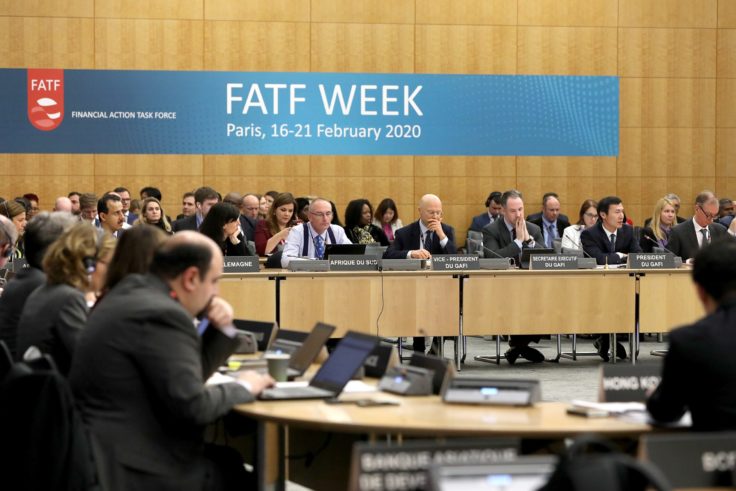
Pakistan’s continuous gray listing since June 2018 indicates a lack of acknowledgement on part of FATF regarding the enormity of the task. For instance, despite various successful operations against the banned outfits, it will take more time to clear deeply entrenched problems due to structural impediments such as pervasive corruption and swaths of the country’s economy that are largely undocumented. Apart from technical requirements, the politicization of FATF continues to be a challenge for Pakistan. India’s appeals to have Pakistan blacklisted have turned the FATF into an additional battlefront between the two rival states. Following Pakistan’s first reprieve at the October plenary, China also warned of the dangers of politicization of the organization. Notably, before the FATF plenary’s final announcement, Indian media and political leaders speculated that Pakistan had a significant chance of getting out of the gray list and deemed it a failure of Indian diplomacy. There is also a growing perception that the FATF relief will be given to Pakistan only as a quid pro quo for support of the U.S. withdrawal from Afghanistan. While the use of international institution for political agendas is not new, the extent that battles within the FATF have become political is concerning and must be addressed.
While the use of international institution for political agendas is not new, the extent that battles within the FATF have become political is concerning and must be addressed.
Notwithstanding the criticism on FATF politicization, Pakistan’s placement on the gray list has provided a necessary push to the country to consolidate and strengthen its efforts against terrorism financing and money laundering issues. Despite its inability to get off the gray list during this plenary, Pakistan has come a long way and made significant improvement. While the risk of being blacklisted is almost minimal, it is important for Pakistan to use this four-month breather to make maximum efforts to not only complete its action plan and satisfactorily strengthen its anti-money laundering and terrorist finance regulations, but also undertake significant diplomatic efforts to manage the politicized undertones of the organization.
***
Image 1: Shahzeb Younas via Flickr
Image 2: FATF via Twitter
